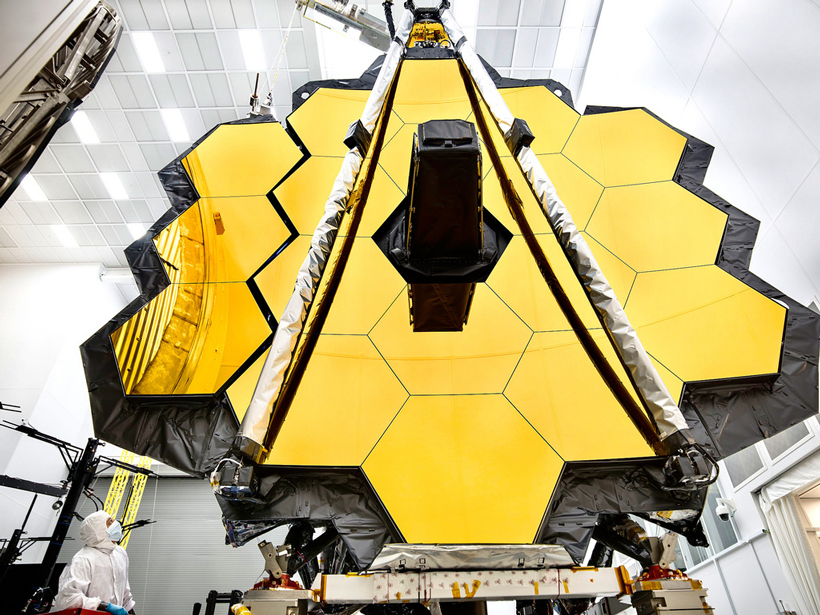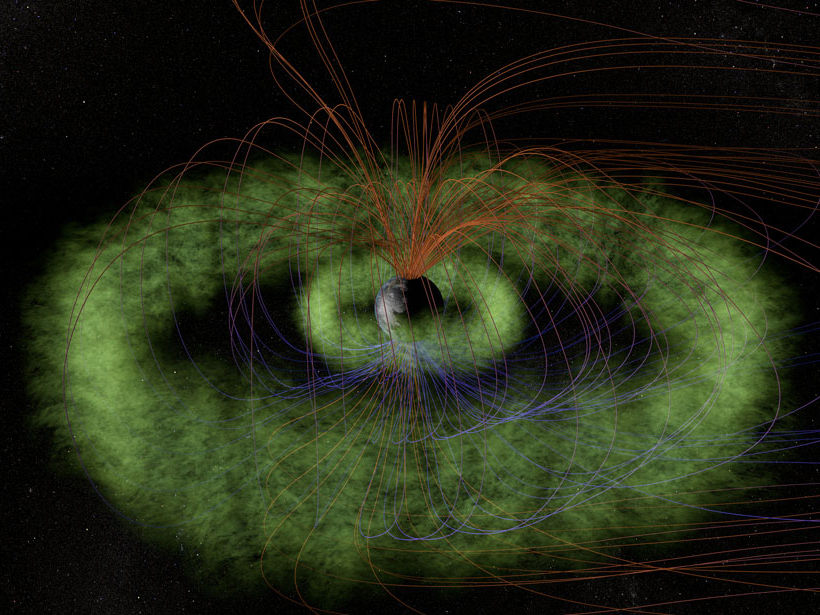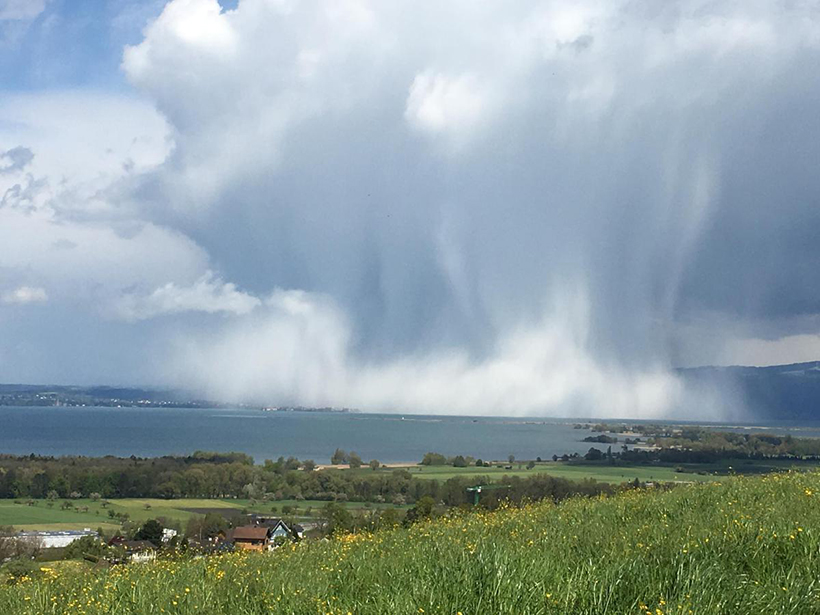The exoplanet’s host star blasts it with so much radiation that it will someday evaporate.
CC BY-NC-ND 2017
The Asian Summer Monsoon Launches Pollutants Around the Globe
New research provides a comprehensive overview of the effect of the Asian summer monsoon (ASM) on atmospheric composition throughout the life cycle of the ASM anticyclone.
An Autonomous Boat to Investigate Acidic Crater Lakes
A novel aquatic drone ventured into highly acidic waters to test the feasibility of remotely exploring and surveying hazardous volcanic lakes.
Trump Says United States Will Withdraw from Paris Climate Accord
Scientists and others decry the decision, arguing that it will slow efforts to address the risks of climate change.
Planetary Science Up, Earth Science Down in Proposed NASA Budget
The agency’s acting administrator says that the fiscal year 2018 White House budget request tells NASA to stay the course.
How “Whistling” Plasma Waves Shape Earth’s Radiation Belts
The Van Allen radiation belts surrounding Earth shrink and swell due to plasma waves moving through them, an analysis of satellite data suggests.
New Supercomputers Allow Climate Models to Capture Convection
Scientists evaluate the latest version of a fine-scale climate model by simulating a decade of precipitation patterns across Europe.
What Does U.S. Withdrawal from the Paris Climate Agreement Mean?
The Trump Administration has pulled the United States out of a landmark climate accord. But withdrawal does not change the science of how our planet works.
Proposed Federal Budget Heightens Hurricane Risk
The health, welfare, and livelihood of millions depend upon our elected officials’ continued and robust support for hurricane research.










